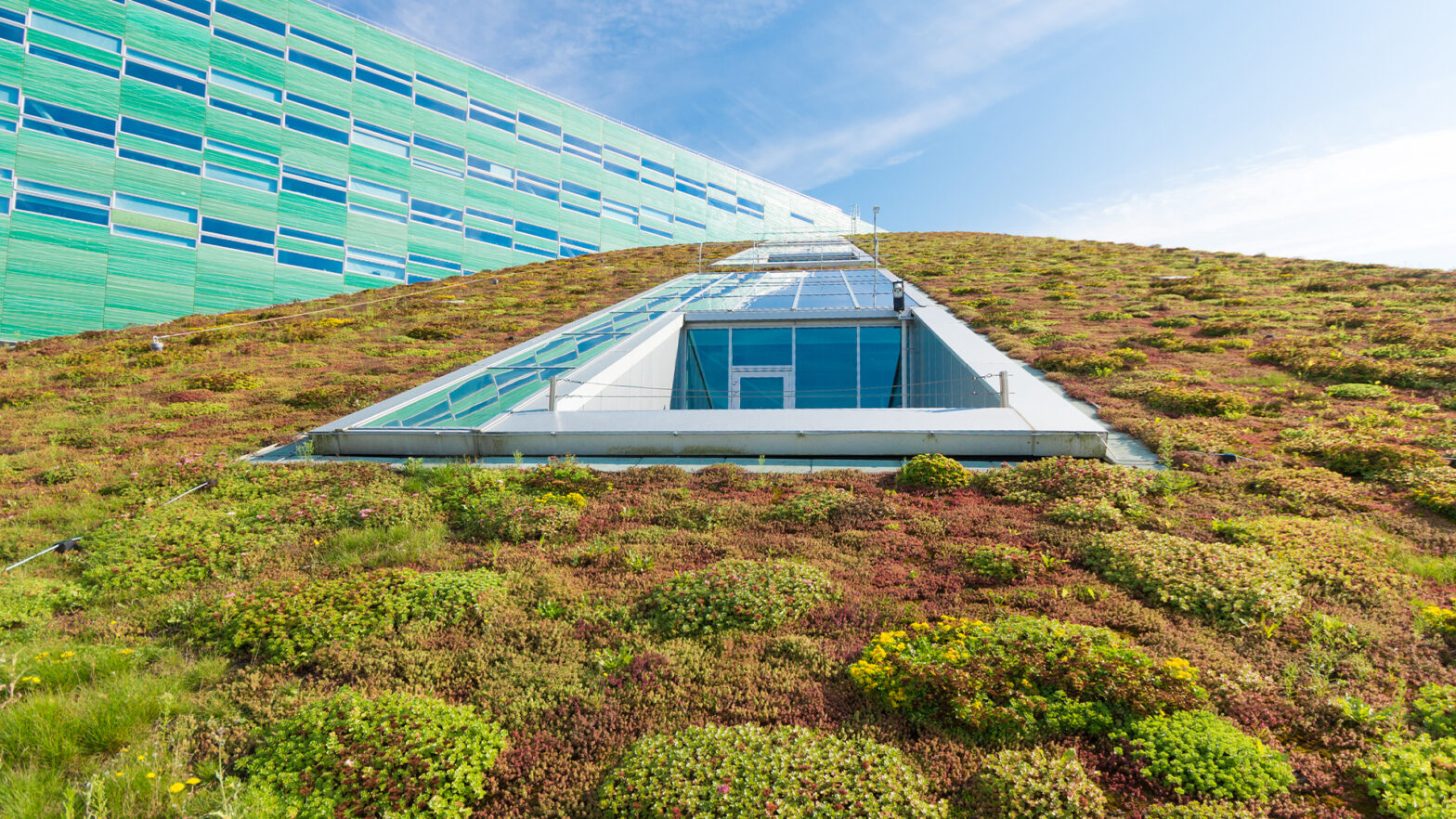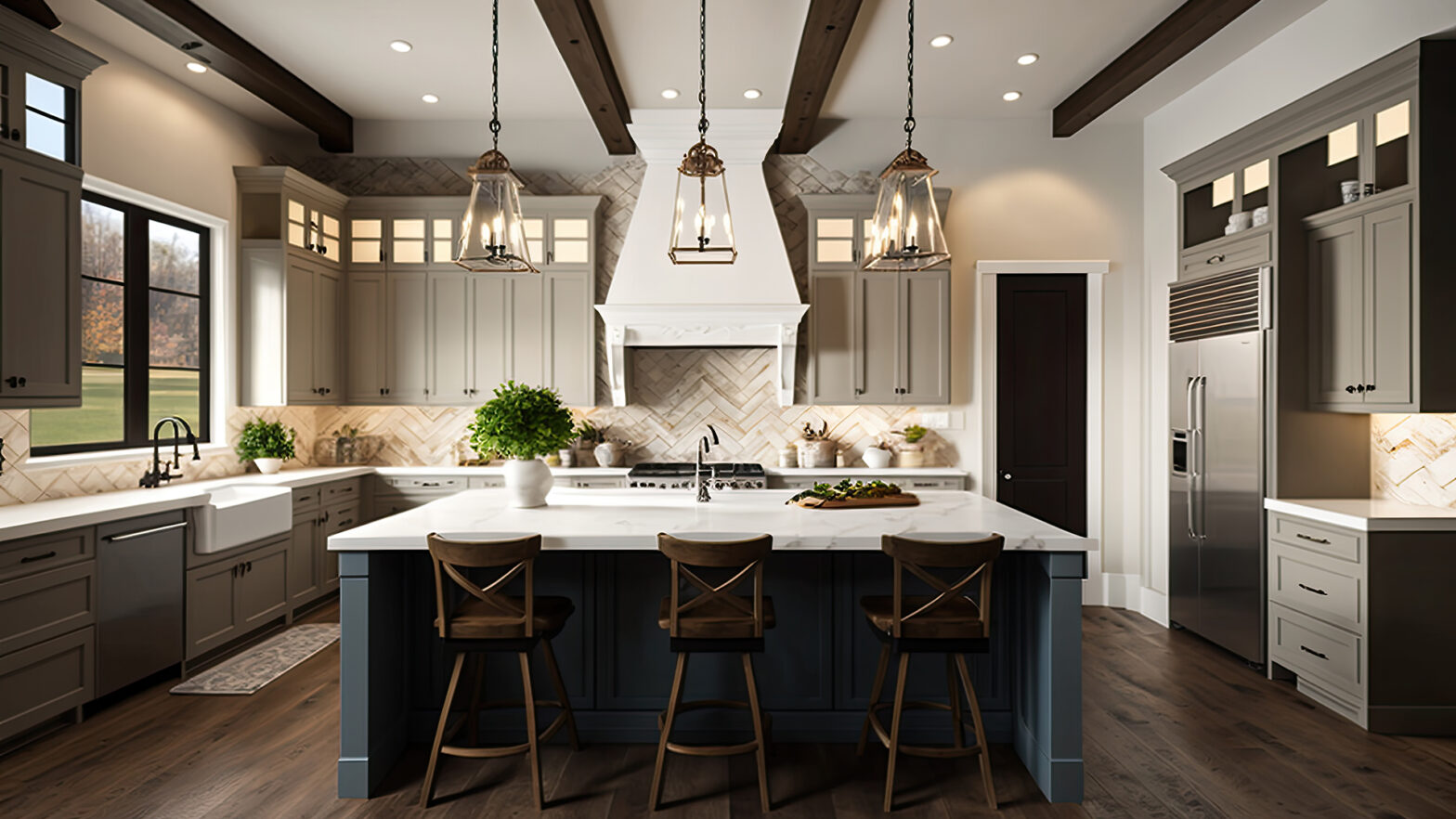When the time comes for home renovations, one room often takes center stage – the kitchen. It’s a space where sustainability can truly shine.
By making mindful choices about energy usage, materials, and waste management, you’re not only creating a healthier environment for your meals. You’re taking steps towards a more sustainable lifestyle overall.
Are you ready to get started on your green kitchen renovation journey? Let’s dig in!
Evaluating Your Current Kitchen Situation
Before tearing out cabinets or replacing appliances, take a moment to evaluate your current kitchen situation. Consider the age and energy efficiency of your existing appliances.
Think about the amount of waste you produce and how well your current trash system handles it. Reflect on your water usage as well.
If you’re keen on sustainable living, assessing these elements will be critical for achieving it within your kitchen space.
1. Incorporate Energy Efficient Appliances
Replacing old, energy-guzzling appliances with efficient models is a significant step towards a greener kitchen. When shopping for new appliances, look out for Energy Star ratings. This indicates the appliance’s efficiency and will help you make an informed decision.
Your major appliances likely to be replaced include:
- Refrigerator
- Oven
- Dishwasher
Also remember, it isn’t just the big items that count. Smaller appliances like your mixer or toaster can also impact your energy usage. Lastly, ensure that your old appliances are recycled responsibly instead of being sent to a landfill.
2. Opting for Sustainable Materials
When renovating your kitchen, pay attention to the sustainability of the materials you use for cabinets, countertops, and floors.
Reclaimed or Recycled
Where possible, choose recycled or reclaimed items over new ones. You might opt for reclaimed wood for your cabinets or recycled glass for your countertops.
And if you must use new materials, aim at those that are produced or sourced sustainably.
For example, bamboo might be a great option because it grows quickly and doesn’t contribute to deforestation. Similarly, linoleum is a natural biodegradable product, often considered perfect for flooring.
Durability:
Also, consider durability in the material selection process. Using materials like natural stone for the backsplash or countertop lasts a lifetime with proper maintenance, reducing the need for future renovations.
3. Reducing Water Usage in Your Kitchen
When renovating your kitchen, consider aspects that could help conserve water. This could mean installing a dual-flush system for dishwashers or a “smart” fridge with an automatic shut-off feature for the water dispenser. High-efficiency faucets and aerators can reduce water flow without sacrificing performance.
In your new design, incorporate things like deeper sinks, which require less water to fill, or sensored faucets that operate only when needed. The goal: TO create an eco-conscious space that values each drop of our world’s most vital resource – water.
4. Think Ahead: Keep Waste Management In Control
When embarking on a kitchen renovation project with sustainability in mind, it’s crucial to address waste management comprehensively. Beyond recycling and composting, consider integrating measures such as working with a grease trap cleaning service into your plan.
This often-overlooked step can significantly reduce the environmental impact of your kitchen. Regularly scheduled cleanings prevent grease and pollutants from entering the sewer system, easing the burden on wastewater treatment facilities.
By responsibly managing kitchen waste, including fats, oils, and grease, you not only enhance sustainability during the renovation but also ensure long-term environmental responsibility, making your kitchen truly eco-friendly.
5. Creating an Energizing Natural Light Ambiance
Good lighting sets the mood in a kitchen. Nonetheless, over-relying on artificial light can attract higher energy bills. Maximizing natural light during kitchen renovation not only reduces your dependence on electricity during the day but also creates a healthier, more convenient environment for meal prep and the relaxing effects of kitchen activities.
You might want to consider installing larger windows or even a skylight if it’s conceivable in your kitchen layout. Even something as simple as changing window treatments can increase natural illumination and make space appear more inviting.
Transforming your kitchen isn’t just about aesthetic change — it’s also an opportunity to build a space that respects our Earth. By thoughtfully choosing energy-efficient appliances, using sustainable materials, and integrating efficient waste management practices during renovation, you’re literally championing a greener planet earth while improving your living space.
































